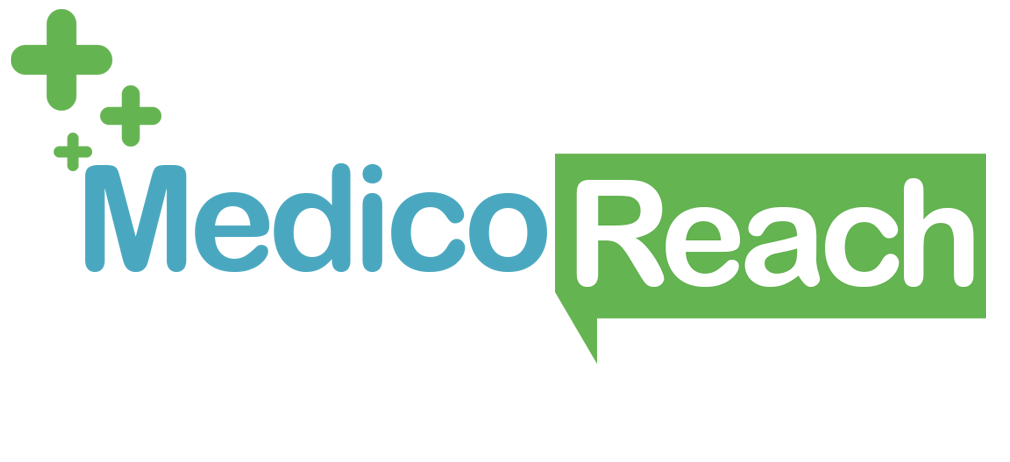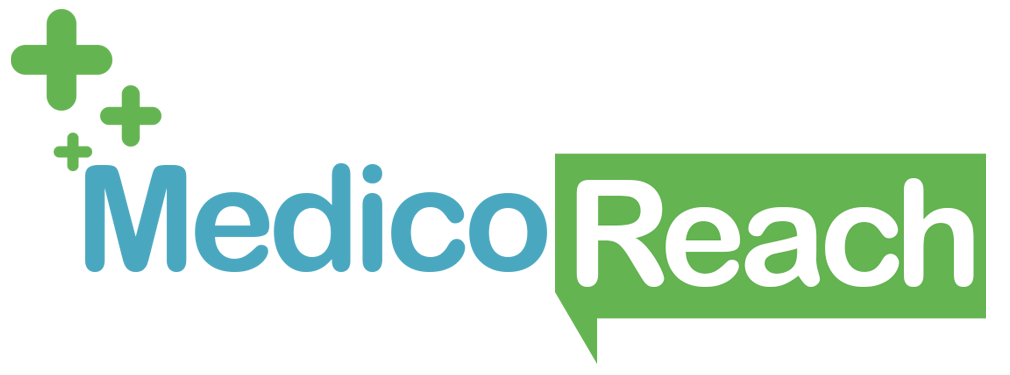In the healthcare arena, the technology could serve as a savior for many. Making way for better treatment facilities and effective solutions for diseases, technological advancements can lead to healthy being of individuals at large. Embracing technologies openly and preparing ourselves to transform the healthcare ecosystem, one day for sure we can be the part of a future where success stories would dominate, and apprehensions and failures will have no scope to breathe.
The healthcare sector has come up a long way in adopting technologies that stimulate improvements in medical facilities making this world a healthy place to live. With the adoption of cloud, Internet of Things (IoT), telemedicine and virtual reality (VR), providers have been able to unleash opportunities for bringing efficiency in healthcare.
Virtual Reality
Revolutionizing the way healthcare operates, Virtual Reality (VR) is helping in the development of new life-saving techniques, treatment procedures and training of medical professionals including surgeons and others. Right from phobia treatment, pain relief, robotic surgeries to medical education and clinician training, virtual reality has marked its presence in the expanding medical industry.
Virtual reality has also found its application in the treatment of Post-Traumatic Stress Disorder (PTSD) helping military personnel returning from war zones like Iraq and Afghanistan to help them get out of their anxieties, unpleasant memories, shocks, and fear. By working as a diagnostic tool and at the same time assisting in medical tests such as X-rays, scans, and blood tests, virtual reality has advanced the medical practices helping healthcare professionals deliver best services to patients.
For instance in collaboration with Harbor view Burn Center, the University of Washington HITLab has developed a virtual environment that will assist in distracting patients’ attention while their wounds are being treated to provide them pain relief.
Connected Healthcare
According to P&S Market Research, the Internet of Things (IoT) in the healthcare industry is estimated to have an annual growth rate (CAGR) of 37.6 percent between 2015 and 2020. Based on the statistics it won’t be wrong to conclude that the medical market is going to witness an upsurge of advancements in the diagnosis and treatment of diseases. Be it personal fitness and wellness sensors, surgical robots to smart beds, IoT has been delivering innovative tools and cost-effective solutions to improve healthcare facilities.
With the introduction of connected devices and sensors, patients can now leverage their devices to get reminded of their calorie count, exercise check, appointments, blood pressure and more. As a technology, IoT has improved care, patient engagement and has enabled faster response time in handling medical emergencies.
Cloud Storage
The healthcare industry is one such ecosystem where a vast amount of data is generated daily. But storing these data and analyzing them to make an informed decision by healthcare professionals ended up being expensive for providers. Also as digitalization paved its way into the medical industry, providers found it difficult to store varied digitalized data in the form of electronic medical records (EMR), electronic health records (EHR) and personal health records (PHR) securely and with fewer errors in data analysis. Adoption of cloud technology helped them make data storage safe and at the same time affordable.
Along with helping in the transformation of healthcare data into meaningful information, cloud has made sharing of large volumes of data easier and also more accessible by users. Further, the cloud provides real-time data to doctors enabling them to perform their job in the best possible way improving the quality of patient care.
Telemedicine
For patients today, convenience is what drives them towards selecting the services of any healthcare provider. As more and more emphasis is being given to personalized care and making healthcare services accessible to all, the usefulness of telemedicine cannot be denied. With telemedicine coming into action, patients no longer need to visit clinics to get them cured of their illness. They can get clinical services over the phone, emails, mobile apps, and even video chat by healthcare professionals.
For example, a small hospital in some rural area can provide intensive care services to patients by taking help from specialists located in some city with the aid of remote patient monitoring systems. By leveraging telemedicine technology, doctors will be able to provide immediate care to patients even without being physically present in that particular place.











